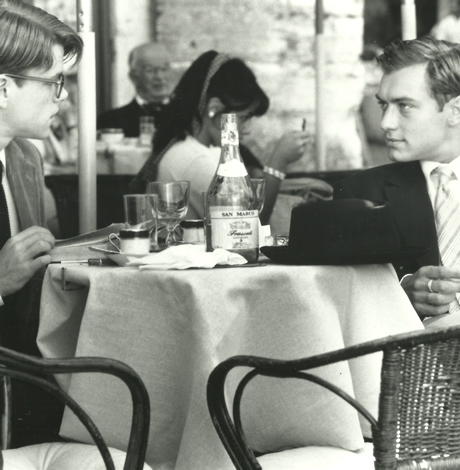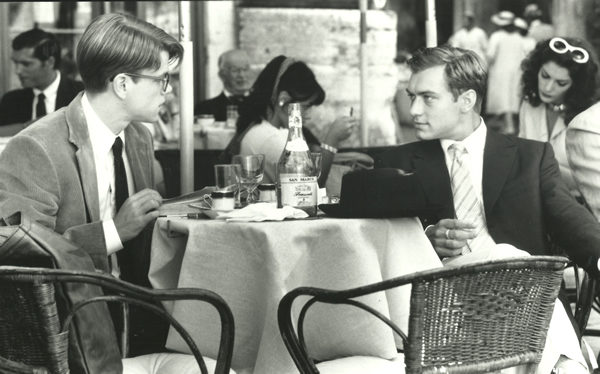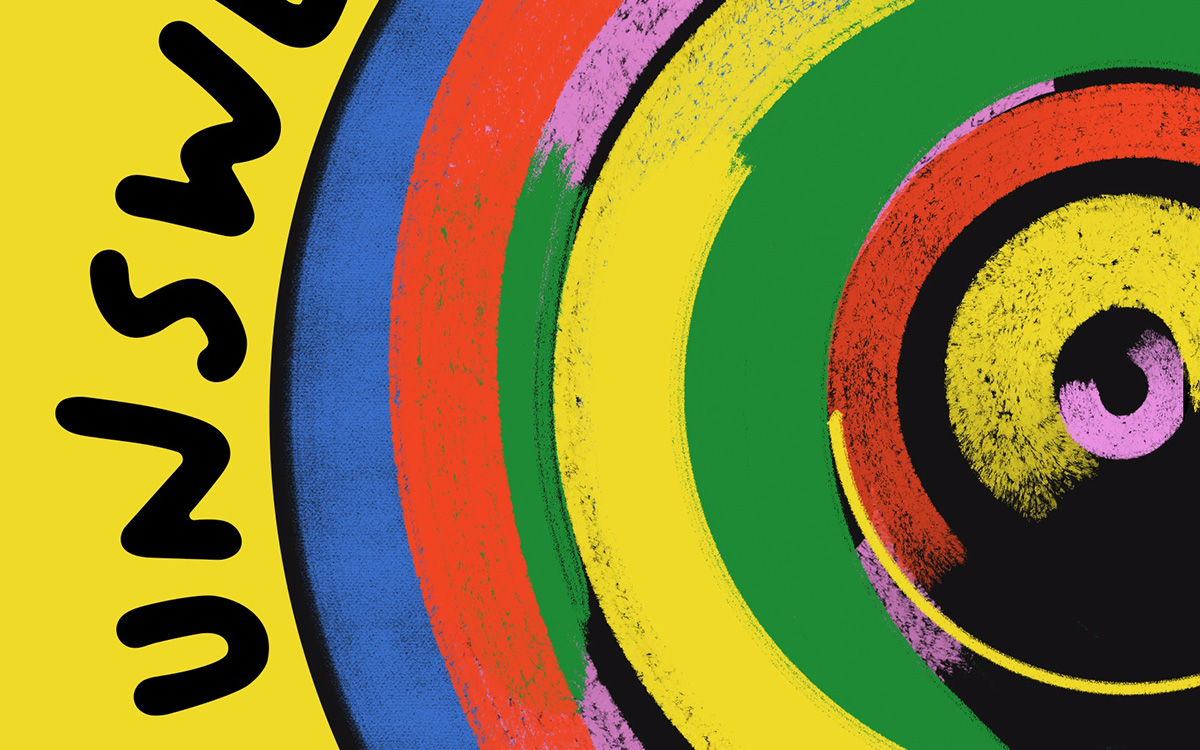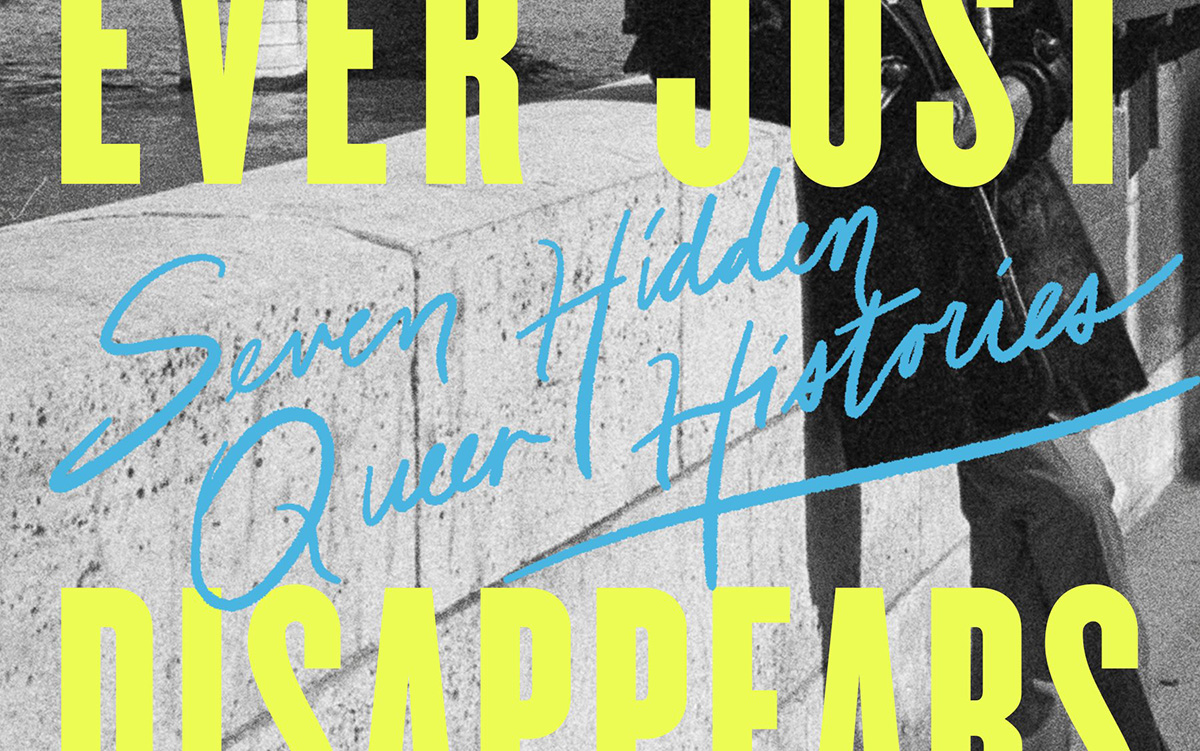Books
Highsmith at 100: Literary legacy marred by racism
Few writers are as popular or more embedded in pop culture


You don’t know this about me but I’m a murderer. At least that’s what the brilliant, talented, queer novelist Patricia Highsmith, who was born 100 years ago, may well have called me.
Why, would Highsmith renowned for her novel “Strangers on a Train” and other psychological thrillers, have said this of me? Because, I confess, I’ve eaten snails, smothered, so to speak, in garlic and butter. Highsmith, a misanthrope, gave us in her fiction Tom Ripley, the world’s most charming, but murderous sociopath. Yet, she (seriously) believed that you were a murderer if you ate snails.
Welcome to the world of Patricia Highsmith!
Few writers are as popular, well regarded or more embedded in pop culture than Highsmith, who lived from 1921 to 1995. She wrote many short stories and more than 20 novels. More than 25 movies and numerous TV adaptations have been made of her work. Highsmith’s diaries (comprising some 8,000 pages) will be published this year. A movie, with the same name, of her 1957 psychological erotic thriller “Deep Water,” starring Ben Affleck and Ana de Armas will be released in August.
Her first novel, “Strangers on a Train,” is a gripping psychological thriller. In it, two men, strangers, meet on a train. Guy has a troublesome wife who won’t divorce him, and Bruno, an engaging sociopath is enraged that his wealthy father won’t give him money. Bruno proposes that they go “criss-cross” – that they murder the person who’s so annoying to each other. Alfred Hitchcock’s 1951 movie of the novel will keep you glued to your seat.
Highsmith is perhaps best known for her series of novels about Tom Ripley. (“The Talented Mr. Ripley,” the first of the Ripley novels, was published in 1955. The last Ripley thriller, “Ripley Under Water,” was released in 1991.) Ripley is a sociopath. Lies are to him what potato chips are to junk food addicts: he can never tell just one. Ripley steals other people’s identities, forges paintings and murders anyone who’s an obstacle on his path. Yet, I dare any reader, no matter how saintly, not to love him. He’s handsome, courteous, clever, witty, great at doing impressions of people and has fabulous taste in art, food, and wine.
Highsmith’s work will give you an unforgettable mix of pleasure and suspense. As you read, you’ll wonder: Why am I enthralled by characters who deceive and steal identities as naturally as they might have a beer or coffee? Why am I rooting for a murderer? Graham Greene called Highsmith “the poet of apprehension.”
Perhaps Highsmith’s most important contribution to LGBTQ history was her groundbreaking 1952 novel “The Price of Salt” (later re-titled “Carol”). As I’ve written before in the Blade, Highsmith originally wrote the novel under the pseudonym Clare Morgan out of fear that using her real name would have derailed her career. “The Price of Salt” was a rare novel for that time: It featured a lesbian couple who didn’t die or go to jail. It gave hope to generations of queers.
A Fort Worth, Texas native, she moved at age 12 with her mother and stepfather to New York City. Highsmith often said that her mother had told her that she’d tried to abort her by drinking turpentine.
Highsmith was brilliant, eccentric, but “bigoted, obsessed and intolerant,” Richard Bradford wrote in “The Daily Mail.”
She had numerous relationships with women as well as some male lovers. In one diary entry, Highsmith noted that she’d had 10 lovers in one day. She “made the likes of Casanova look demure,” wrote Bradford, author of the new biography “Devils, Lusts and Strange Desires: The Life of Patricia Highsmith.”
Highsmith didn’t like Black people or women (except for sex). She was so virulently anti-Semitic that she wished more Jewish people had been killed in the Holocaust.
Yet, Highsmith had a soft spot. She left her estate to Yaddo, the writer’s retreat where she worked on “Strangers on a Train” in 1948.
Knowing about Highsmith’s bigotry is stomach turning. Yet her writing is magnificent, thrilling, pleasurable, and psychologically profound. That’s something to celebrate on her centennial.
Books
New book offers observations on race, beauty, love
‘How to Live Free in a Dangerous World’ is a journey of discovery

‘How to Live Free in a Dangerous World: A Decolonial Memoir’
By Shayla Lawson
c.2024, Tiny Reparations Books
$29/320 pages
Do you really need three pairs of shoes?
The answer is probably yes: you can’t dance in hikers, you can’t shop in stilettos, you can’t hike in clogs. So what else do you overpack on this long-awaited trip? Extra shorts, extra tees, you can’t have enough things to wear. And in the new book “How to Live Free in a Dangerous World” by Shayla Lawson, you’ll need to bring your curiosity.

Minneapolis has always been one of their favorite cities, perhaps because Shayla Lawson was at one of Prince’s first concerts. They weren’t born yet; they were there in their mother’s womb and it was the first of many concerts.
In all their travels, Lawson has noticed that “being a Black American” has its benefits. People in other countries seem to hold Black Americans in higher esteem than do people in America. Still, there’s racism – for instance, their husband’s family celebrates Christmas in blackface.
Yes, Lawson was married to a Dutch man they met in Harlem. “Not Haarlem,” Lawson is quick to point out, and after the wedding, they became a housewife, learned the language of their husband, and fell in love with his grandmother. Alas, he cheated on them and the marriage didn’t last. He gave them a dog, which loved them more than the man ever did.
They’ve been to Spain, and saw a tagline in which a dark-skinned Earth Mother was created. Said Lawson, “I find it ironic, to be ordained a deity when it’s been a … journey to be treated like a person.”
They’ve fallen in love with “middle-American drag: it’s the glitteriest because our mothers are the prettiest.” They changed their pronouns after a struggle “to define my identity,” pointing out that in many languages, pronouns are “genderless.” They looked upon Frida Kahlo in Mexico, and thought about their own disability. And they wish you a good trip, wherever you’re going.
“No matter where you are,” says Lawson, “may you always be certain who you are. And when you are, get everything you deserve.”
Crack open the front cover of “How to Live Free in a Dangerous World” and you might wonder what the heck you just got yourself into. The first chapter is artsy, painted with watercolors, and difficult to peg. Stick around, though. It gets better.
Past that opening, author Shayna Lawson takes readers on a not-so-little trip, both world-wide and with observant eyes – although it seems, at times, that the former is secondary to that which Lawson sees. Readers won’t mind that so much; the observations on race, beauty, love, the attitudes of others toward America, and finding one’s best life are really what takes the wheel in this memoir anyhow. Reading this book, therefore, is not so much a vacation as it is a journey of discovery and joy.
Just be willing to keep reading, that’s all you need to know to get the most out of this book. Stick around and “How to Live Free in a Dangerous World” is what to pack.
The Blade may receive commissions from qualifying purchases made via this post.
Books
Story of paralysis and survival features queer characters
‘Unswerving: A Novel’ opens your eyes and makes you think

‘Unswerving: A Novel’
By Barbara Ridley
c.2024, University of Wisconsin Press
$19.95 / 227 pages
It happened in a heartbeat.
A split-second, a half a breath, that’s all it took. It was so quick, so sharp-edged that you can almost draw a line between before and after, between then and now. Will anything ever be the same again? Perhaps, but maybe not. As in the new book “Unswerving” by Barbara Ridley, things change, and so might you.

She could remember lines, hypnotizing yellow ones spaced on a road, and her partner, Les, asleep in the seat beside her. It was all so hazy. Everything Tave Greenwich could recall before she woke up in a hospital bed felt like a dream.
It was as though she’d lost a month of her life.
“Life,” if you even wanted to call it that, which she didn’t. Tave’s hands resembled claws bent at the wrist. Before the accident, she was a talented softball catcher but now she could barely get her arms to raise above her shoulders. She could hear her stomach gurgle, but she couldn’t feel it. Paralyzed from the chest down, Tave had to have help with even the most basic care.
She was told that she could learn some skills again, if she worked hard. She was told that she’d leave rehab some day soon. What nobody told her was how Les, Leslie, her partner, girlfriend, love, was doing after the accident.
Physical therapist Beth Farringdon was reminded time and again not to get over-involved with her patients, but she saw something in Tave that she couldn’t ignore. Beth was on the board of directors of a group that sponsored sporting events for disabled athletes; she knew people who could serve as role models for Tave, and she knew that all this could ease Tave’s adjustment into her new life. It was probably not entirely in her job description, but Beth couldn’t stop thinking of ways to help Tave who, at 23, was practically a baby.
She could, for instance, take Tave on outings or help find Les – even though it made Beth’s own girlfriend, Katy, jealous.
So, here’s a little something to know before you start reading “Unswerving”: author Barbara Ridley is a former nurse-practitioner who used to care for patients with spinal cord injuries. That should give readers a comfortable sense of satisfaction, knowing that her experiences give this novel an authenticity that feels right and rings true, no faking.
But that’s not the only appeal of this book: while there are a few minor things that might have readers shaking their heads (HIPAA, anyone?), Ridley’s characters are mostly lifelike and mostly likable. Even the nasties are well done and the mysterious character that’s there-not-there boosts the appeal. Put everyone together, twist a little bit to the left, give them some plotlines that can’t ruined by early guessing, and you’ve got a quick-read novel that you can enjoy and feel good about sharing.
And share you will because this is a book that may also open a few eyes and make readers think. Start “Unswerving” and you’ll (heart) it.
The Blade may receive commissions from qualifying purchases made via this post.
Books
Examining importance of queer places in history of arts and culture
‘Nothing Ever Just Disappears’ shines with grace and lyrical prose

‘Nothing Ever Just Disappears: Seven Hidden Queer Histories’
By Diarmuid Hester
c.2024, Pegasus Books
$29.95/358 pages
Go to your spot.
Where that is comes to mind immediately: a palatial home with soaring windows, or a humble cabin in a glen, a ramshackle treehouse, a window seat, a coffeehouse table, or just a bed with a special blanket. It’s the place where your mind unspools and creativity surges, where you relax, process, and think. It’s the spot where, as in the new book “Nothing Ever Just Disappears” by Diarmuid Hester, you belong.

Clinging “to a spit of land on the south-east coast of England” is Prospect Cottage, where artist and filmmaker Derek Jarman lived until he died of AIDS in 1994. It’s a simple four-room place, but it was important to him. Not long ago, Hester visited Prospect Cottage to “examine the importance of queer places in the history of arts and culture.”
So many “queer spaces” are disappearing. Still, we can talk about those that aren’t.
In his classic book, “Maurice,” writer E.M. Forster imagined the lives of two men who loved one another but could never be together, and their romantic meeting near a second-floor window. The novel, when finished, “proved too radical even for Forster himself.” He didn’t “allow” its publication until after he was dead.
“Patriarchal power,” says Hester, largely controlled who was able to occupy certain spots in London at the turn of the last century. Still, “queer suffragettes” there managed to leave their mark: women like Vera Holme, chauffeur to suffragette leader Emmeline Pankhurst; writer Virginia Woolf; newspaperwoman Edith Craig, and others who “made enormous contributions to the cause.”
Josephine Baker grew up in poverty, learning to dance to keep warm, but she had Paris, the city that “made her into a star.” Artist and “transgender icon” Claude Cahun loved Jersey, the place where she worked to “show just how much gender is masquerade.” Writer James Baldwin felt most at home in a small town in France. B-filmmaker Jack Smith embraced New York – and vice versa. And on a personal journey, Hester mourns his friend, artist Kevin Killian, who lived and died in his beloved San Francisco.
Juxtaposing place and person, “Nothing Ever Just Disappears” features an interesting way of presenting the idea that both are intertwined deeper than it may seem at first glance. The point is made with grace and lyrical prose, in a storyteller’s manner that offers back story and history as author Diarmuid Hester bemoans the loss of “queer spaces.” This is really a lovely, meaningful book – though readers may argue the points made as they pass through the places included here. Landscapes change with history all the time; don’t modern “queer spaces” count?
That’s a fair question to ask, one that could bring these “hidden” histories full-circle: We often preserve important monuments from history. In memorializing the actions of the queer artists who’ve worked for the future, the places that inspired them are worth enshrining, too.
Reading this book may be the most relaxing, soothing thing you’ll do this month. Try “Nothing Ever Just Disappears” because it really hits the spot.
The Blade may receive commissions from qualifying purchases made via this post.
-

 Africa4 days ago
Africa4 days agoCongolese lawmaker introduces anti-homosexuality bill
-

 World4 days ago
World4 days agoOut in the World: LGBTQ news from Europe and Asia
-

 District of Columbia3 days ago
District of Columbia3 days agoReenactment of first gay rights picket at White House set for April 17
-

 Africa3 days ago
Africa3 days agoUgandan activists appeal ruling that upheld Anti-Homosexuality Act












